Mela festival based in Oslo Norway is distinct in terms of it's curation as well as ethnic diversity. Something not often felt and seen inside most big 'exclusive' music festivals of Europe. Mela festival is multi-ethnic in terms of it's ownership, curation as well as showcasing artists. The word mela itself derived from Sanskrit, meaning "when you meet" or "meet". Hence the idea of creating "a meeting point of various cultures, languages, skin colors and sounds" says Ashley Siri, Producer of the festival. The festival now in it's 18th year, has featured musicians and bands from Norway, England, India, Pakistan, Bangladesh, Somalia, Egypt, Tanzania, Sri Lanka and Australia to name a few. Switching between Nordic Bhangra or Sufi Qawali or Femme Rap or Techno or Jazz Metal or Kathak, the emphasis of the festival is on openness and inclusivity, in it's curation as well as audience. Oslo, though very small city in terms of european metropoles, is witness to very high diversity as well as influx of migrants from many nations. Mela festival 2018, spread over 5 different locations and 3 days, including it's home turf, the Radhuplassen port of Oslo attracted thousands of norwegians, indians, pakistanis, bangladeshis, swedes, latinos and many folks of african origin, almost all living in Oslo.

Envisioned and founded by Khalid Salimi (Pakistan) in 2001. Mela festival is a product of activism and progressive social politics. Lahore born Khalid Salimi, a noted human rights activist, cultural critic and music writer based in Oslo forged the foundations of the festival and it's native grounds. Trine Skei Grande, leader of the Liberal Party of Norway and member of parliament, has been an active supporter of the festival since the festival's advent. The festival crew consists of a small dedicated team headed by Ashley Siri and Aud Digernes along-with a dozen plus freelance designers, sound technicians, writers and operations volunteers. Endre Dalen, an editor, designer, writer and electronic music enthusiast living in Oslo, had much to reveal about the diversity and balance of acts at Mela and how the festival has grown in terms of audiences, funding and reputation. The Mela festival is closely linked to Samora Magazine, Norway's leading platform for anti-racism, anti-discrimination and open society. Though Norwegian society has been considered very liberal and open towards migrants and non nordic communities, the country has also witnessed many extremist nationalist formations in the last twenty year. The countries population growth ticks very slowly at 0.5% per year and 75% of the nation remains inhospitable, with most of Norwegian urban culture and population clustered around it's southern edge. Oslo has a big underground music culture which is colored by Africans, Asians, Latinos as well as Norwegian artists in a sense way more 'visible and arguably progressive' than Berlin or Paris.
Melahuset or House of Mela, is the native club and institution of the festival where a host of events and concerts take place around the year. During the festival, post the closure of main-stage Radhuplassen, a series of concerts took place featuring Bugge Wesseltoft, Queen Omega, Panjabi Hit Squad, Nordic Dhol Vibes, Raxtar and Busi Ncube this year. The festival's partner clubs Haerwerk, Khartoum and Kulturhuset featured artists such as Pasha, Hkeem, Moksha, Audio Pervert, DJ Nefertiti, Bowski and Shabaka. Thousands of Oslo residents thronged the main-stage to watch acts such as Cherrie from Sweden, Hkeem and Pasha from Oslo, Kader Tarhanine, presented by Timbuktu's Festival in the Desert, Ladysmith Black Mambazo from South Africa, Trilok Gurtu and Nils Petter Molvaer's fusion-electronica, The Unity Crew dancers from Oslo and Rafaqat Ali Khan from Pakistan along with Bollywood Brass Band from UK. The pot-boiler made somewhat sombre by a lineage of classical, sufi and tuareg artists such as Faiz Ali Faiz, Shahbaz Hussain, Kader Tarhanine performing during the day at the Nobels Fredssenter. It's nearly impossible to imagine so many Pakistani and Indian artists together in one festival anywhere in the world (sadly inside their own native grounds as well)

Envisioned and founded by Khalid Salimi (Pakistan) in 2001. Mela festival is a product of activism and progressive social politics. Lahore born Khalid Salimi, a noted human rights activist, cultural critic and music writer based in Oslo forged the foundations of the festival and it's native grounds. Trine Skei Grande, leader of the Liberal Party of Norway and member of parliament, has been an active supporter of the festival since the festival's advent. The festival crew consists of a small dedicated team headed by Ashley Siri and Aud Digernes along-with a dozen plus freelance designers, sound technicians, writers and operations volunteers. Endre Dalen, an editor, designer, writer and electronic music enthusiast living in Oslo, had much to reveal about the diversity and balance of acts at Mela and how the festival has grown in terms of audiences, funding and reputation. The Mela festival is closely linked to Samora Magazine, Norway's leading platform for anti-racism, anti-discrimination and open society. Though Norwegian society has been considered very liberal and open towards migrants and non nordic communities, the country has also witnessed many extremist nationalist formations in the last twenty year. The countries population growth ticks very slowly at 0.5% per year and 75% of the nation remains inhospitable, with most of Norwegian urban culture and population clustered around it's southern edge. Oslo has a big underground music culture which is colored by Africans, Asians, Latinos as well as Norwegian artists in a sense way more 'visible and arguably progressive' than Berlin or Paris.
Melahuset or House of Mela, is the native club and institution of the festival where a host of events and concerts take place around the year. During the festival, post the closure of main-stage Radhuplassen, a series of concerts took place featuring Bugge Wesseltoft, Queen Omega, Panjabi Hit Squad, Nordic Dhol Vibes, Raxtar and Busi Ncube this year. The festival's partner clubs Haerwerk, Khartoum and Kulturhuset featured artists such as Pasha, Hkeem, Moksha, Audio Pervert, DJ Nefertiti, Bowski and Shabaka. Thousands of Oslo residents thronged the main-stage to watch acts such as Cherrie from Sweden, Hkeem and Pasha from Oslo, Kader Tarhanine, presented by Timbuktu's Festival in the Desert, Ladysmith Black Mambazo from South Africa, Trilok Gurtu and Nils Petter Molvaer's fusion-electronica, The Unity Crew dancers from Oslo and Rafaqat Ali Khan from Pakistan along with Bollywood Brass Band from UK. The pot-boiler made somewhat sombre by a lineage of classical, sufi and tuareg artists such as Faiz Ali Faiz, Shahbaz Hussain, Kader Tarhanine performing during the day at the Nobels Fredssenter. It's nearly impossible to imagine so many Pakistani and Indian artists together in one festival anywhere in the world (sadly inside their own native grounds as well)
Mela Festival's core aim is to "increase minority participation in Norwegian public life". Their press note reads "Mela is rooted in a cultural policy belief that migration has always affected our ways and is an essential part of Norwegian reality today. The Melafestival creates natural meeting places and interaction between the majority culture and the cultural expressions that have come to Norway with migration and globalization" Mela's financial operating base is mainly based on public
support from the municipality of Oslo and the state, in addition to the festival's sponsorship revenues. The festival aside from it's big acts and emerging artists, also hosts several programs aimed at children's activities, dance, handicrafts and international cuisine.
Photos: Mela/Cesar Bolly
support from the municipality of Oslo and the state, in addition to the festival's sponsorship revenues. The festival aside from it's big acts and emerging artists, also hosts several programs aimed at children's activities, dance, handicrafts and international cuisine.
Photos: Mela/Cesar Bolly


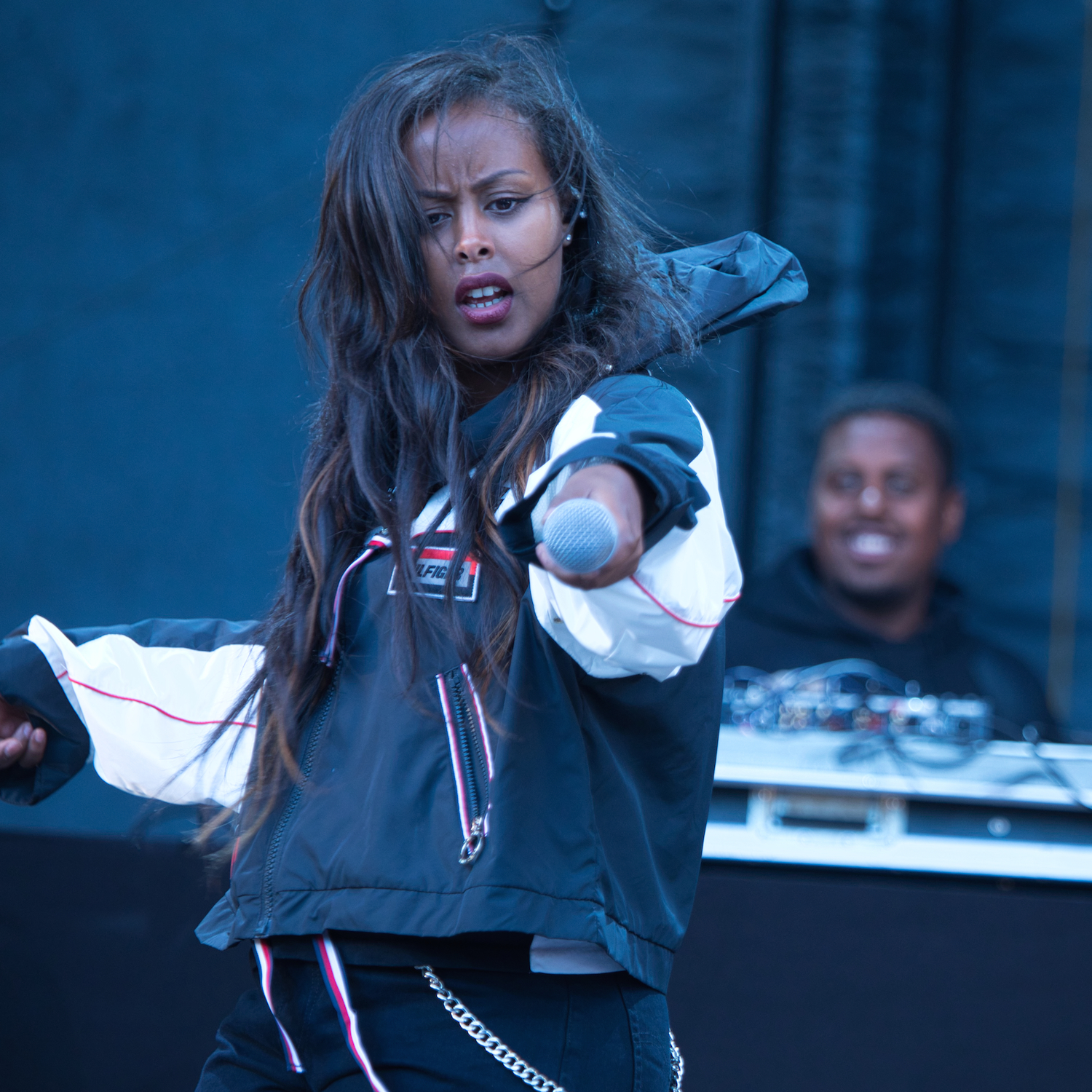


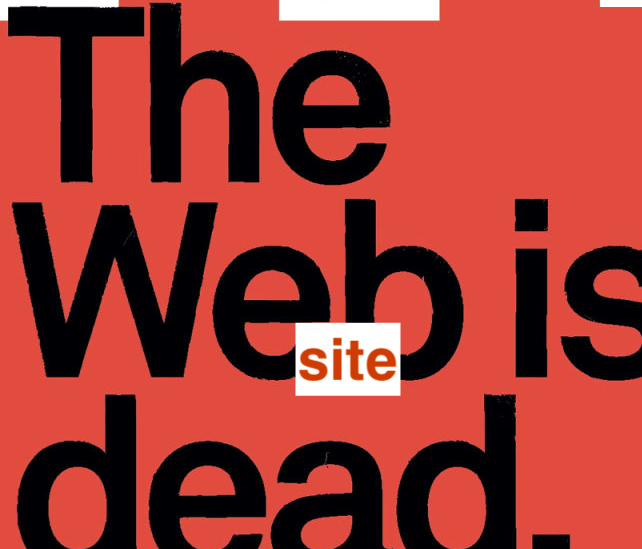
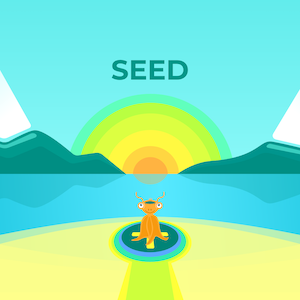



















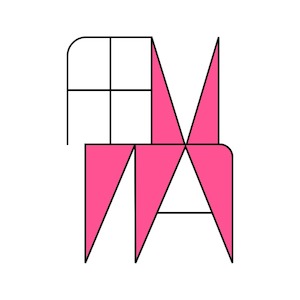

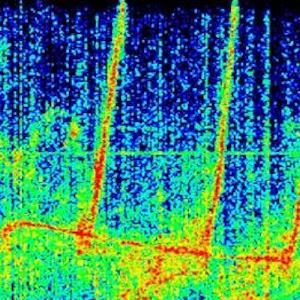
0 -